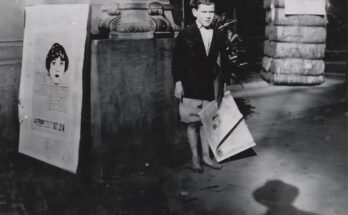In March 1928, Bluma Kestenberg was born in the historic city of Kraków, Poland. She entered the world surrounded by the warmth of her close-knit Polish Jewish family, deeply rooted in centuries of cultural and spiritual tradition.
Bluma’s childhood unfolded within a vibrant Jewish community, where festivals, customs, and faith were part of daily life. She was raised in an environment filled with stories, songs, and the strong bonds of family and neighbors who shared a common heritage.
Growing up in Kraków, Bluma experienced the richness of Jewish culture. Her early years were likely filled with school lessons, holiday celebrations, and the comfort of home. For a time, she knew a world where hope and belonging thrived.
But the world around Bluma began to change. As Nazi oppression spread across Europe, the once-safe streets of Kraków became dangerous. Jewish families were subjected to increasing persecution, fear took root, and the future became uncertain.
By 1943, the war had reached its most brutal phase. Bluma, only 15 years old, was forcibly taken from her home and deported to the Auschwitz concentration camp—one of the most notorious symbols of the Holocaust’s cruelty.
Inside the camp, Bluma faced unimaginable conditions. The promise of her youth, her dreams, and her life were stolen by hatred and violence. Like so many other innocent victims, she did not survive. Her story is one among millions, yet each life lost carries its own weight and sorrow.
Bluma Kestenberg’s brief life is a poignant reminder of the human cost of prejudice and genocide. Though she lived only fifteen years, her memory endures as a symbol of the countless children whose lives were unjustly taken during one of history’s darkest times.


